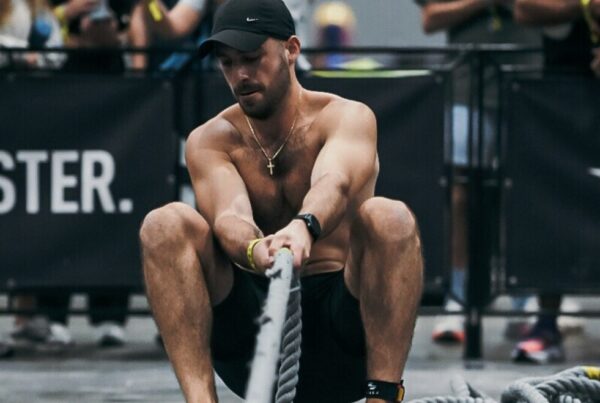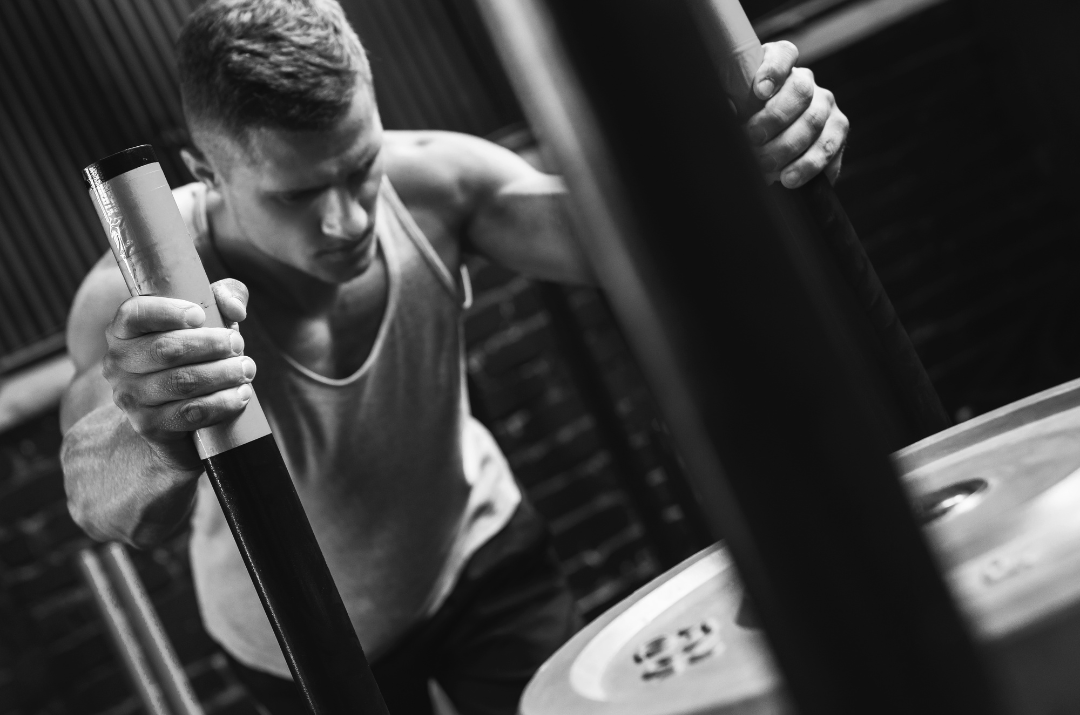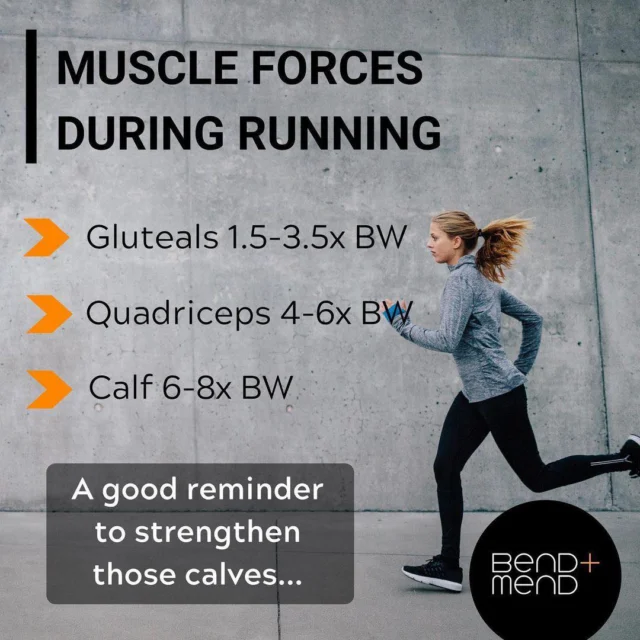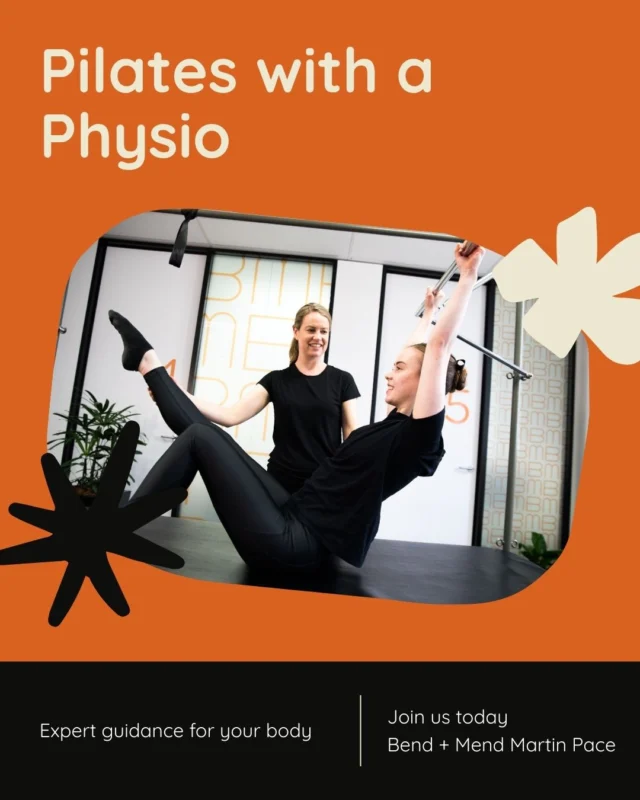A rib fracture refers to a break or crack in one of the ribs, which are the curved bones that form the rib cage. The function of the rib cage is to protect vital organs such as the heart and lungs. Rib fractures can occur due to trauma or injury to the chest area, or without a mechanism in people with brittle bones. Rib fractures are categorized as either a simple fracture, where there is a clean break in the rib without displacement of bone fragments; a displaced fracture, where bone fragments are out of alignment; or multiple fractures, where several ribs are fractured at the same time. The most common symptoms of a rib fracture include:
- Sharp, localised pain that is worsened by breathing, coughing or movement.
- Tenderness to touch the affected area.
- Difficulty and pain with breathing due to movement of the rib cage.
- Crepitus, which is a grating sensation when the fractured ends of the rib rub against each other.
Most rib fractures will heal on their own with time and supportive care within four to six weeks. Below are a few tips to assist with non-severe rib fractures:
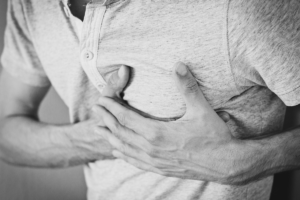 Pain medication – over-the-counter pain relievers can help alleviate the pain and reduce inflammation, which can make moving and breathing more comfortable.
Pain medication – over-the-counter pain relievers can help alleviate the pain and reduce inflammation, which can make moving and breathing more comfortable.- Rest and limit activities – rest is important for allowing the rib to heal. Activities that exacerbate pain or put strain on the injured area, such as heavy lifting, vigorous exercise that require deep breathing, or activities that involved twisting or bending should be avoided.
- Pillow support when sleeping – sleeping with pillows propped up around you can minimise movement during sleep and therefore reduce discomfort.
- Supported cough technique – holding a pillow or folded towel on the painful site when coughing, sneezing or deep breathing, can reduce pain.
- Monitoring for complications – watch for signs of complications such as difficulty breathing, worsening pain, fever or coughing up blood and seek medical attention if you experience these symptoms.
- Physiotherapy – some manual therapy techniques and certain gentle exercises can reduce discomfort.
Get in touch if you are suffering a rib fracture and need some specific advice. from our experienced Physio’s here at Bend + Mend in Sydney CBD.

